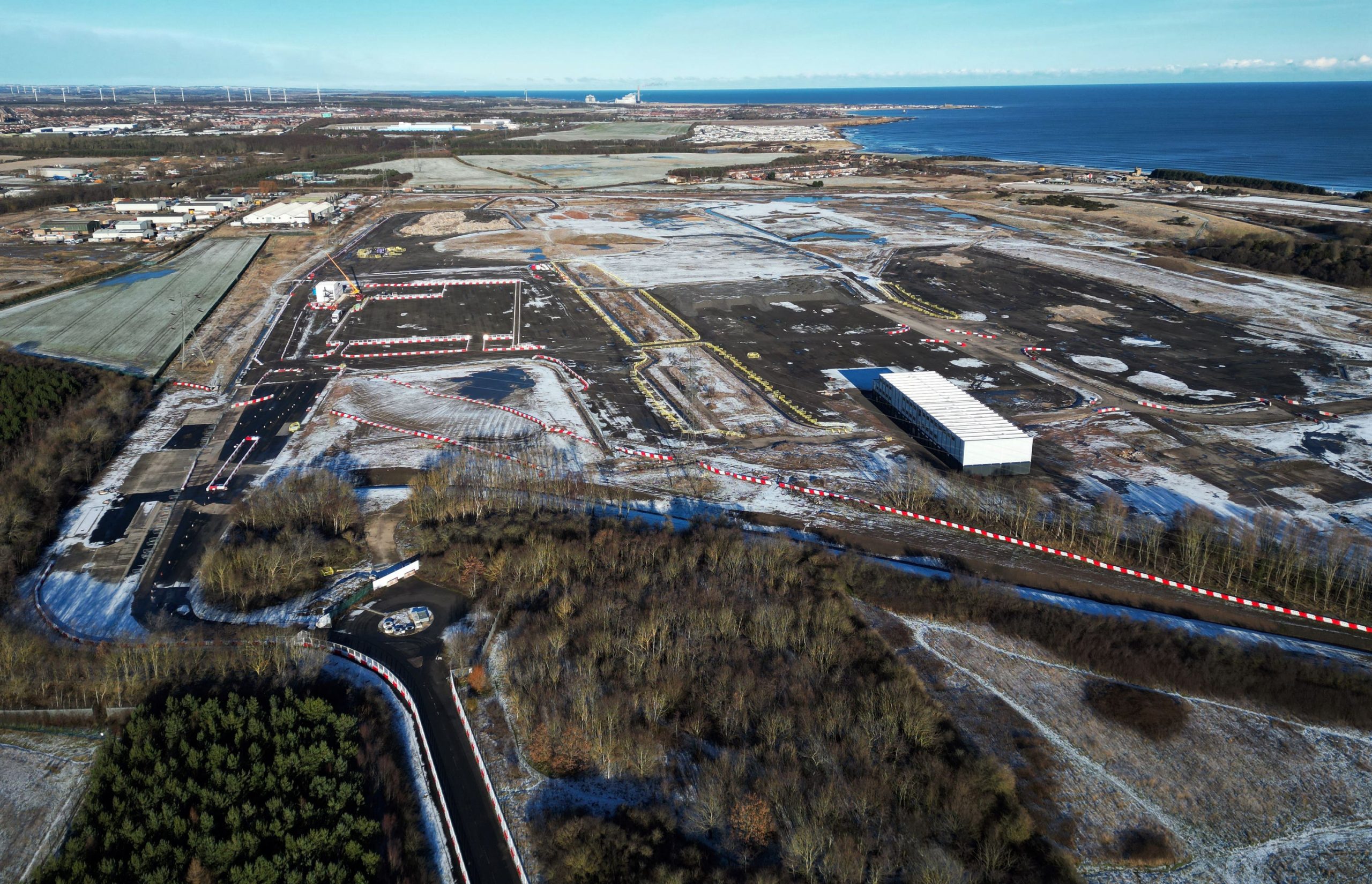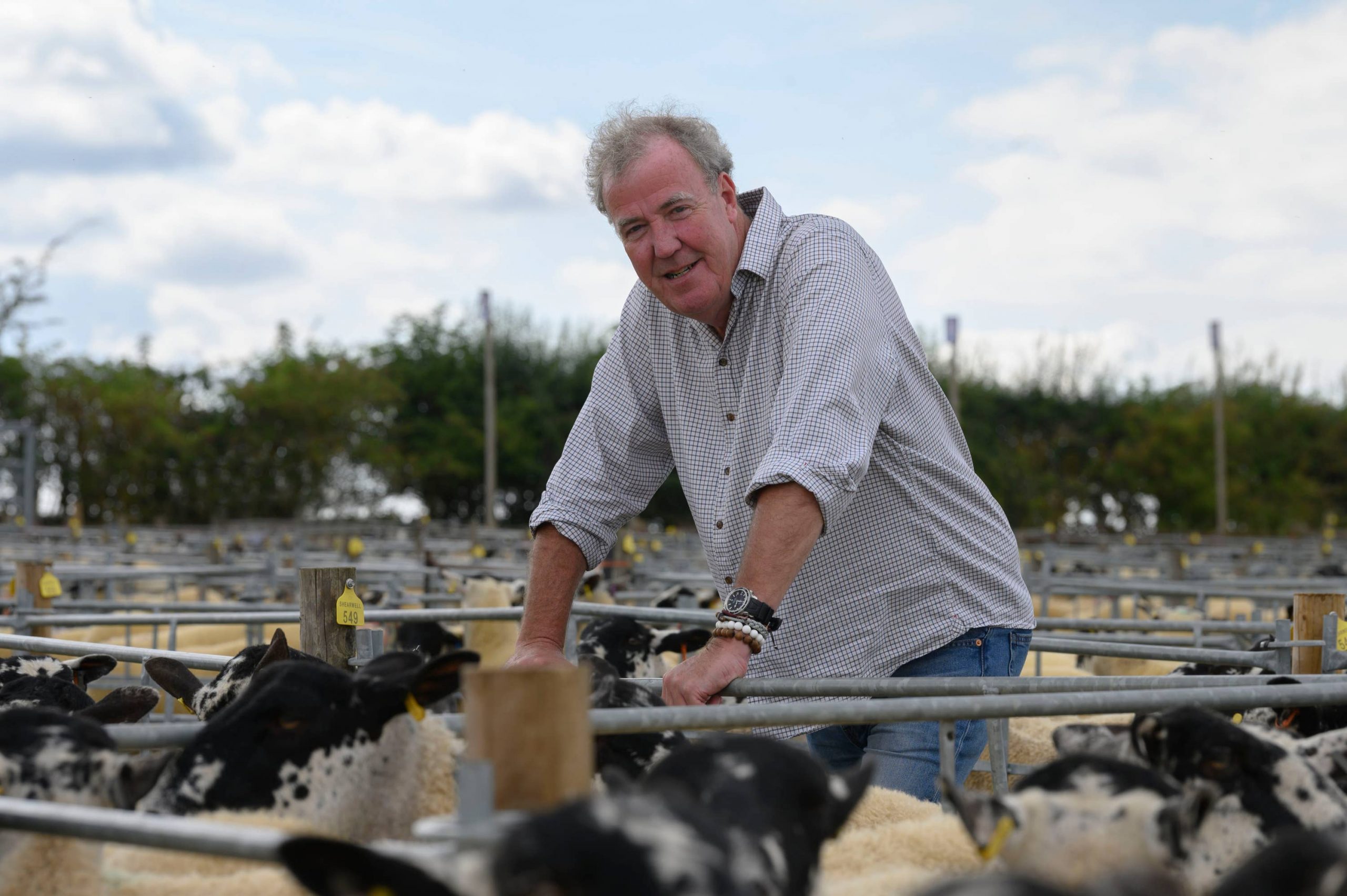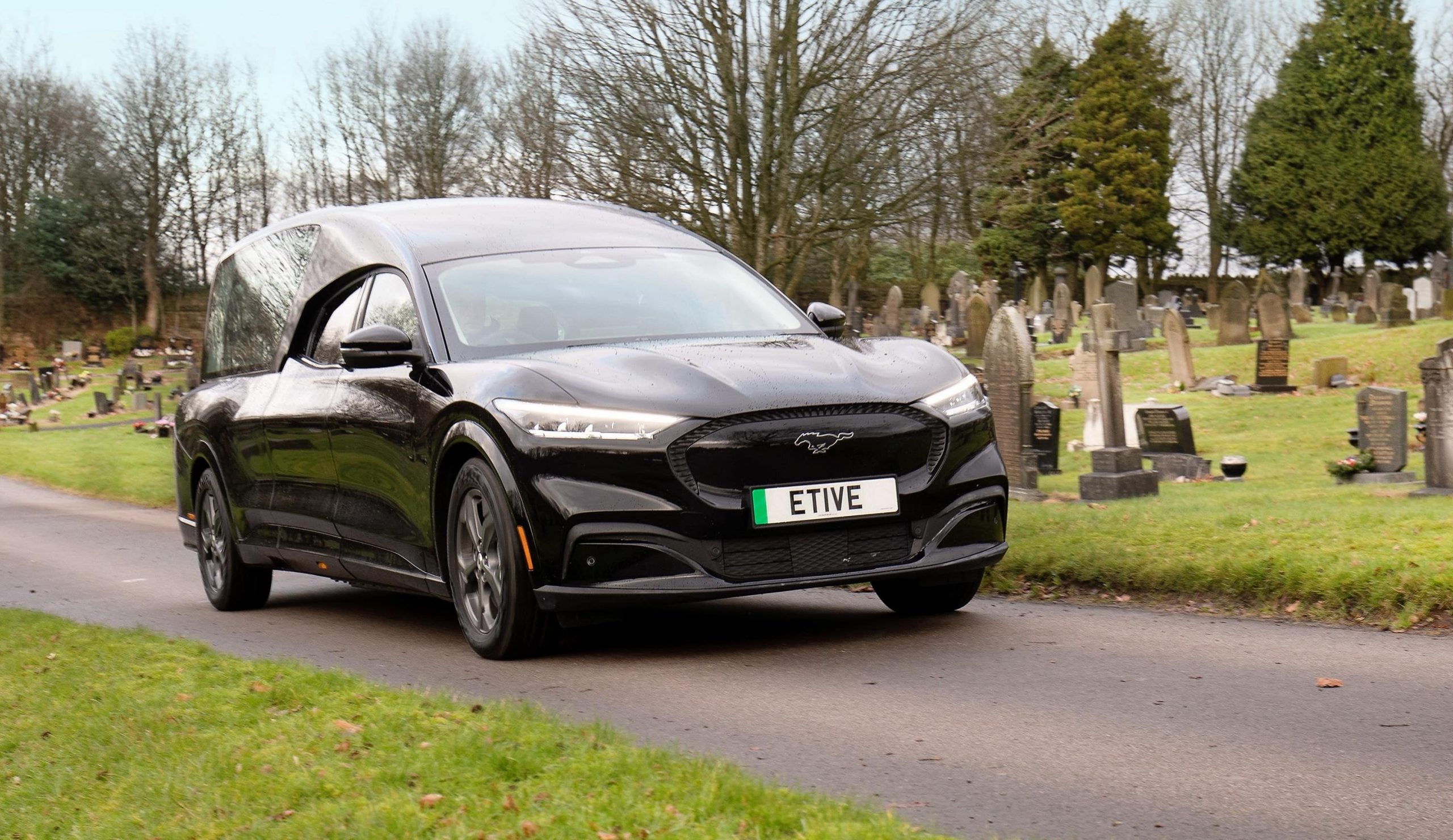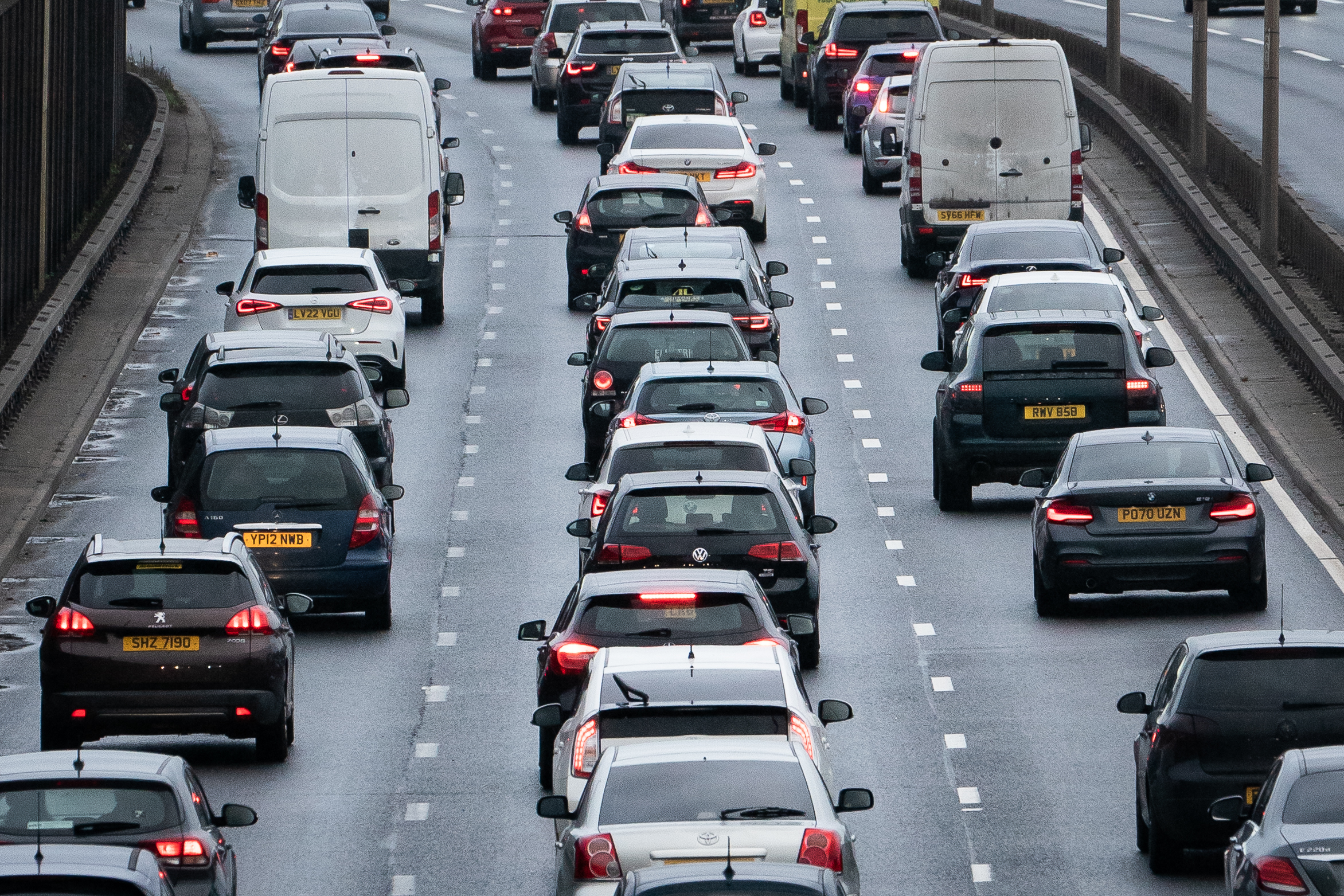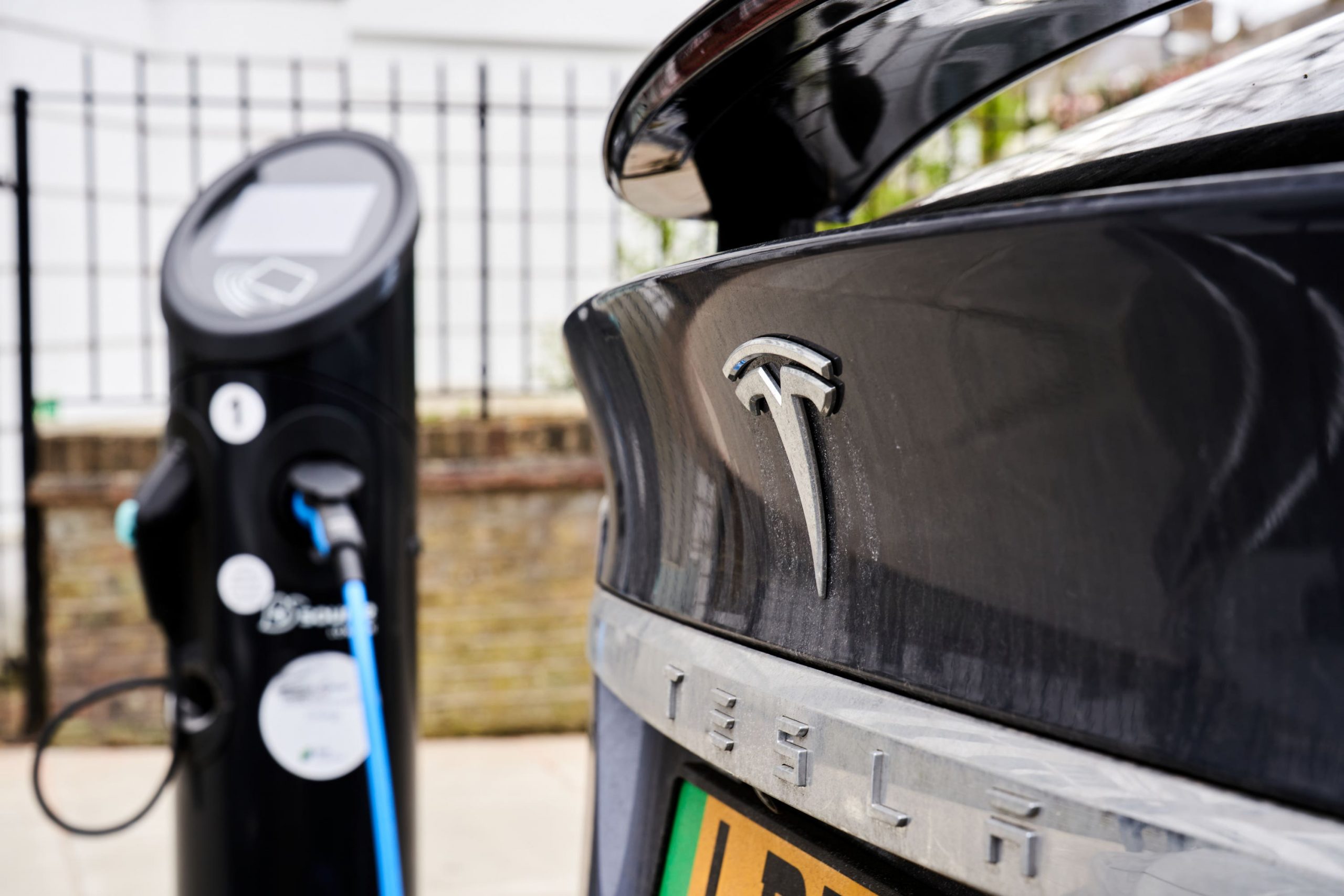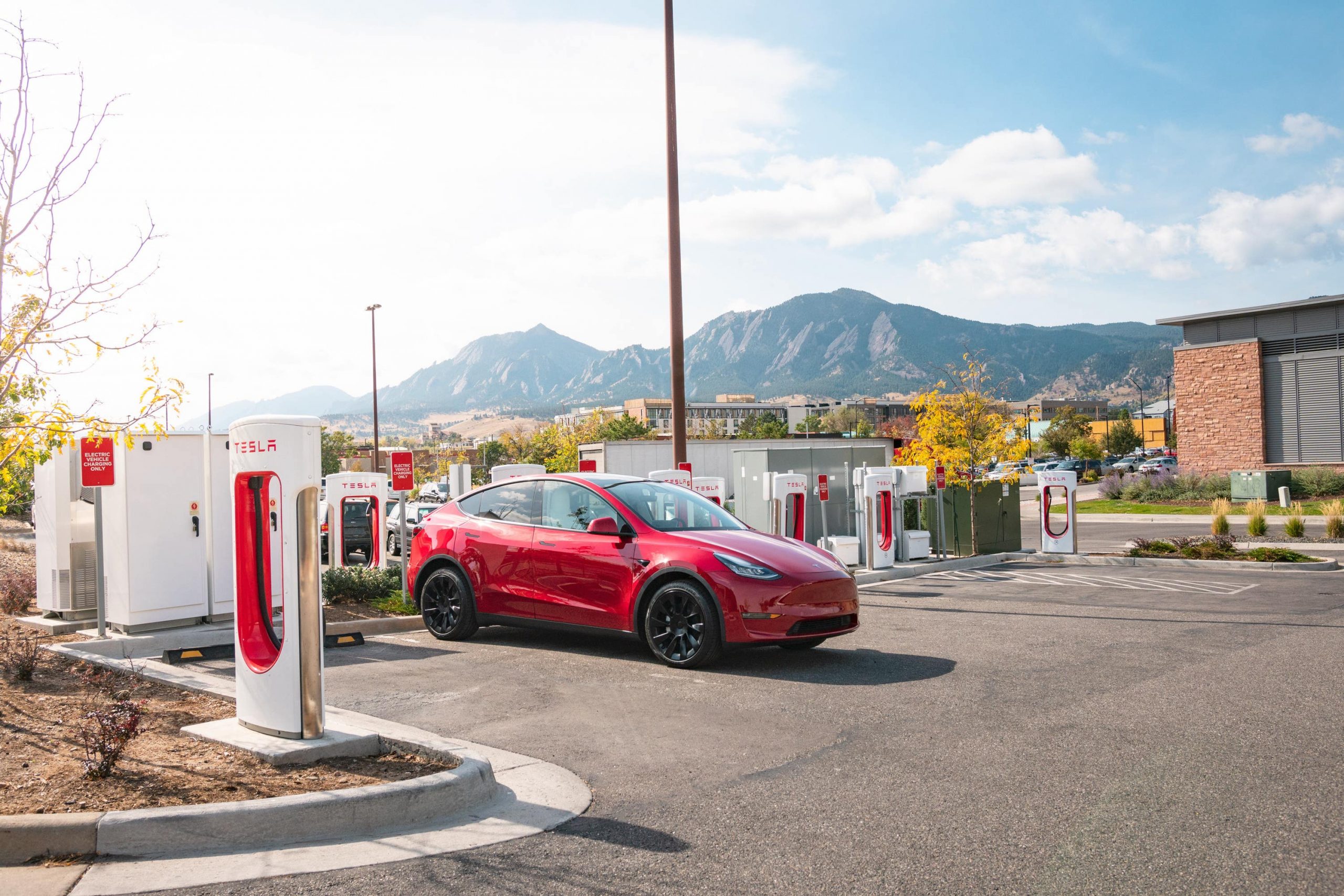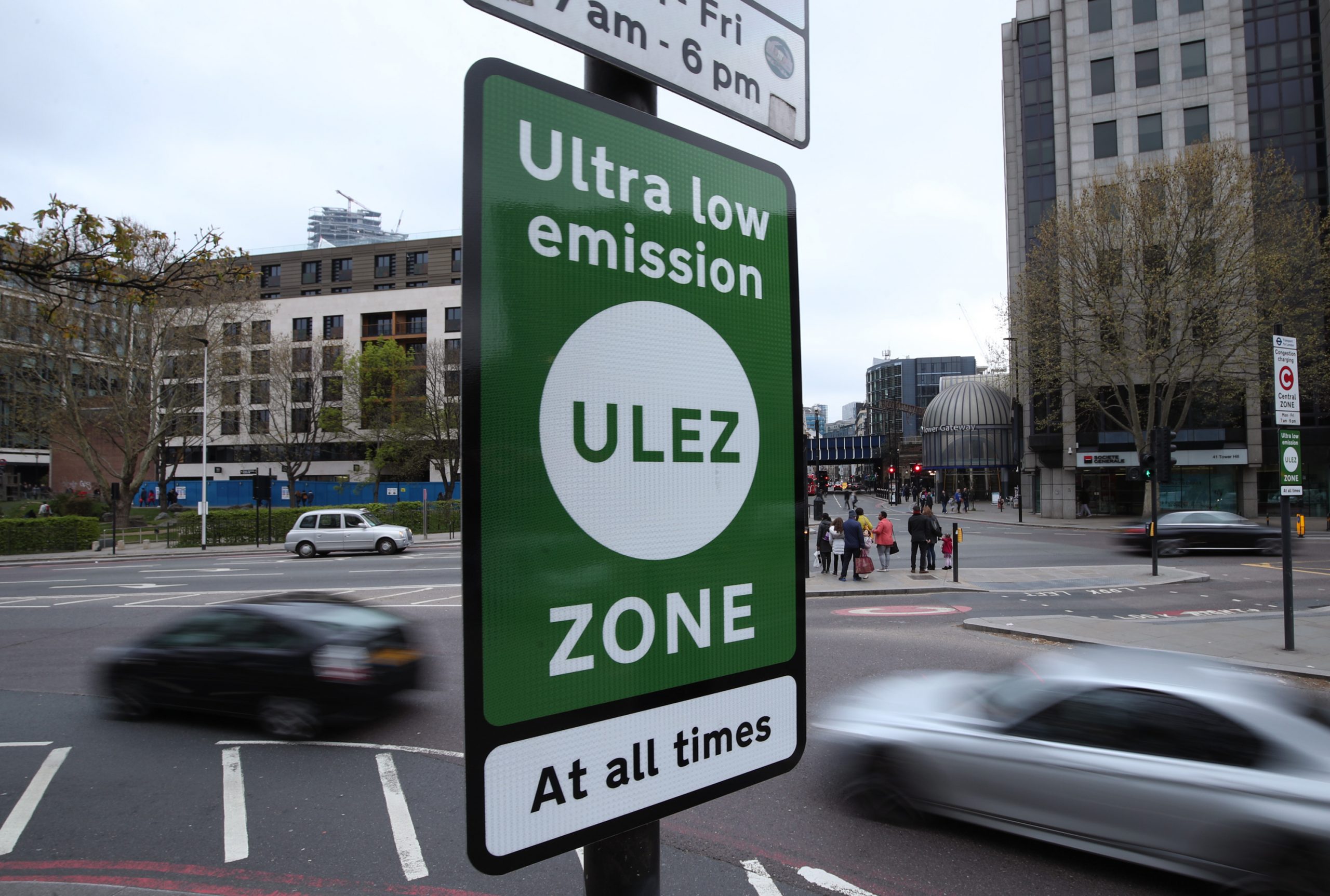Land Rovers are the used cars that dealers make the most money on, according to new data released today.
The British brand’s SUVs accounted for four out of the top five used cars with the biggest profit margins in 2022, according to Dealer Auction’s ‘Retail Margin Monitor’ report, which shows how much money on average car dealers made on the vehicles they sell.
The results are calculated by monitoring what the cars sold for on its dealer-to-dealer portal, and then what they’re retailed for on partner’s Auto Trader’s website.
Land Rovers have dominated the monthly list throughout the year, with the Land Rover Discovery 4 being the vehicle with the biggest profit margin, at £4,340. This Discovery was also the most profitable car in 2021, when the average margin on it was £3,060.
The Land Rover Discovery Sport came second with a £3,770 profit, followed by the Range Rover Sport (£3,710) and Range Rover Evoque (£3,560). The Audi Q5 was the only non-Land Rover to appear in the top five, with an average profit margin of £2,980.
In fact, out of the 10 most profitable used cars in 2022, only one wasn’t an SUV – the Audi A5, which rounded off the list, with a margin of £2,640.
Dealer Auction’s Kieran TeeBoon said: ‘We saw steadfast consistency in the top-selling models month-to-month in 2022, even outside of Land Rover. The Volvo XC60 [ranked eighth in the year], for example, appeared in all but one top 10 listing last year.
“In other areas of the table, we’re seeing premium brands continually trending high, but their most profitable models are changing. The BMW X5 that appeared in third place in 2021 did not rank at all in 2022. However, we saw the appearance of the BMW X3 in ninth spot, indicating the importance of using available data to stay on top of trends.”
Biggest used car profit margins 2022 (models)
Source: Dealer Auction
- Land Rover Discovery 4 – £4,340
- Land Rover Discovery Sport – £3,770
- Range Rover Sport – £3,710
- Range Rover Evoque – £3,560
- Audi Q5 – £2,980
- Kia Sorento – £2,770
- Audi Q3 – £2,760
- Volvo XC60 – £2,720
- BMW X3 – £2,660
- Audi A5 – £2,640



